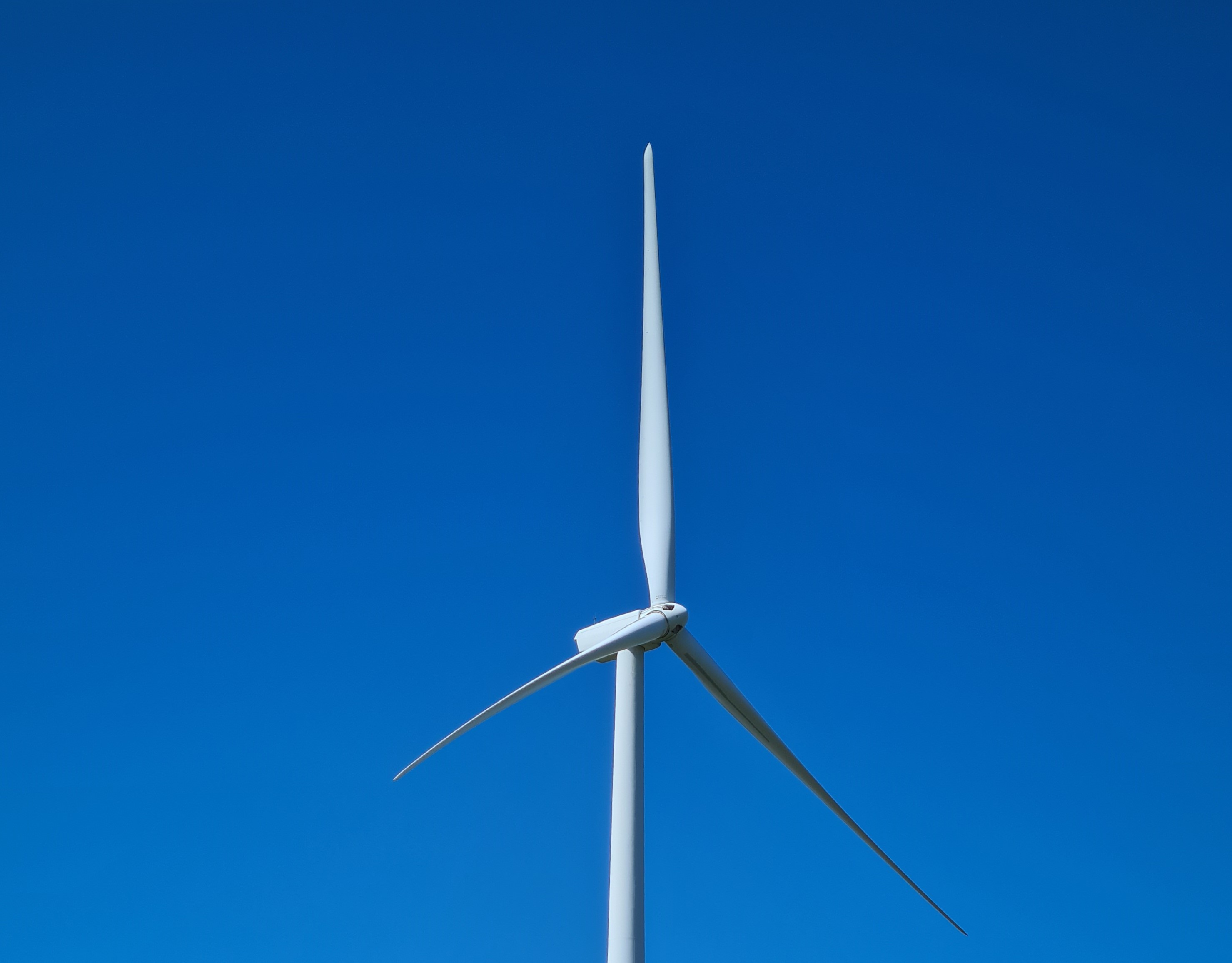Industry Sectors
Four of the main sectors of the maritime industry are:
Click on these sectors above to go directly to the relevant page.
AIMPE & AMOU submission to Strategic Fleet Taskforce
(uploaded 07 12 22)
AIMPE and AMOU have made an initial submission to the Strategic Fleet Taskforce calling for maritime training to be the most urgent priority and for coastal tankers to be the first vessels included in the Strategic Fleet.
The joint submission calls for consideration to be given to including the following vessels in the Strategic Fleet:
- 4 coastal tankers
- 1 gas tanker
- 3 dry bulkies
- 3 container ships
as well as consideration being given to:
- Ro-ro ships
- Offshore Wind Installation Vessels
AIMPE AMOU Recommendations
Recommendation 1
It is recommended that the Bureau of Infrastructure and Transport Research Economics be once again required to publish the Australian Sea Freight statistics series on an annual basis to provide an up to date database for policy makers and that BITRE be adequately funded to meet this requirement.
Recommendation 2
It is recommended that the Department of Infrastructure and Transport seek urgent funding to establish a sponsored Maritime Officer Training program to kick start the process of renewal of the Australian maritime workforce and that a maritime roundtable be convened with all industry stakeholders to progress this as a matter of urgency.
Recommendation 3
It is recommended that at least four liquid tanker ships should be included in the structure of the Strategic Fleet and these should be the first ships contracted under the Strategic Fleet program. One of these ships should be a crude oil tanker and one should be a chemical tanker.
Recommendation 4
It is recommended that at least one gas tanker ship should be included in the structure of the Strategic Fleet. This may be one of the later ships in the roll-out of the Strategic fleet however many of the future scenarios for world shipping revolve around low or zero emission gas both as a cargo and as a fuel for international trading ships of the future.
Recommendation 5
It is recommended that at least three dry bulk ships should be included in the structure of the Strategic Fleet and there should be consultation with the relevant industries especially the mining industry about the particular configuration.
Recommendation 6
It is recommended that at least three container ships should be included in the structure of the Strategic Fleet. In practical terms these ships would have to be part of the consortia which provide international/domestic services on a load-sharing arrangement (which Australia exempts from usual competition laws).
Recommendation 7
It is recommended that consideration should be given to partnering with State and/or Territory Governments to include coastal ro-ro ships which could keep supply lines open in the case of interruption to land transport links for whatever reason.
Recommendation 8
It is recommended that the selection criteria for Strategic Fleet vessels should include factors relevant for the achievement of short-term emissions reductions and longer-term decarbonisation targets.
Recommendation 9
It is recommended that consideration be given to broadening the Strategic Fleet definition to include specialist offshore windfarm installation and construction vessels to ensure that Australia has its own domestic capacity to build the renewable energy facilities which will be critical to a net zero Australia of the future. It is noted that regional partners in the South Pacific may also benefit from a regional capability in offshore renewable energy construction.
The full AIMPE & AMOU submission can be read here:
![]() AIMPE AMOU Submission to Strategic Fleet Taskforce.pdf
AIMPE AMOU Submission to Strategic Fleet Taskforce.pdf
Queensland Govt coastal shipping plan
(uploaded 07 12 22)
$21 million available
AIMPE is urging Queensland based vessel operators to apply for funding for maritime training under one section of the State Government’s coastal shipping program announced yesterday. The program was originally promised during the 2019 Queensland State elections and has been the subject of deliberations by the Queensland Maritime Jobs Taskforce.
The announcement has 3 separate grant programs including one for maritime training grants which can be used for the costs of course enrolment, travel and accommodation. There is another grants program for maritime employment which can provide up to $50k p.a. for 2 years. These are separate from the one-off grant to set up a coastal freight operation within Queensland.
These are grants for businesses so AIMPE is pushing Queensland vessel operators to apply.
But it would not hurt for any Queenslanders interested in maritime training to let AIMPE know - so we can pass names on to the relevant employers.
More detail about the program can be found here:
The Queensland Government has committed $21 million funding to the Backing Queensland Maritime Jobs initiative grant programs. This initiative will revitalise and strengthen coastal shipping and create ongoing maritime jobs in Queensland.
The grant programs were established as an initiative after a parliamentary inquiry into promoting sustainable intrastate shipping industry in Queensland.
Grants available
Financial assistance is available through 3 grant programs:
- Coastal Shipping Grant Program (one-off program)
- Maritime Employment Grant Program (multiple intakes over 2 years)
- Maritime Training Grant Program (multiple intakes over 2 years).
Closing date for grant applications will be Friday 23 December 2022.
We will be partnering with industry to:
- deliver increased maritime employment, potentially through establishing new coastal shipping services or other innovative approaches
- create increased maritime employment for the Queensland workforce with existing operators in Queensland
- address skill shortages and create opportunities for seafarers to grow skills.
This initiative aligns with the Queensland Government's good jobs objective—to create and support secure jobs in our traditional and emerging industries.
What we are looking for
We are looking for innovative solutions that will achieve the following outcomes:
- create new and sustainable maritime jobs for Queenslanders
- provide career pathways for Queensland mariners to ensure a sustainable maritime workforce into the future
- identify commercial maritime industry operators who could establish sustainable coastal shipping services within Queensland
- implement other innovative approaches to support these objectives
- achieve value for money.
Backing Queensland Maritime Jobs (Maritime Safety Queensland) (msq.qld.gov.au)
Offshore Wind submission
(uploaded 23 09 21)
Australia has lagged behind Europe in the development of Offshore Wind energy.
Now the Federal Minister for Energy Hon Angus Taylor has tabled new Bills in Federal Pariament which, if adopted, will lay the foundations for the development of Offshore Winds farms in Australia.
This could be a major growth area for AIMPE members employment into the future.

AIMPE and AMOU have made a joint submission to the Senate Environment and Communications Legislation Committee in relation to the Inquiry into the Offshore Electricity Infrastructure (Regulatory Levies) Bill 2021 and Offshore Electricity Infrastructure Bill 2021.
The AIMPE/AMOU submission calls for the Senate Committee to recommend a number of changes to the legislation before the Parliament. The first recommendation is to ensure that the vessels that work on Offfshore Electricity projects should be Australian registered.
The second recommendation in the AIMPE/AMOU submission relates to training and seeks that maritime training should be a licence condition for all companies developing Offshore Electricity projects [including Offshore Wind farms].
To read the full AIMPE/AMOU submission click below:
For more detail go to the Offshore page.
Maritime Australia Plan
Prior to the May 2019 Federal Election AIMPE released a proposal for the future of the industry.
Called the Maritime Australia plan the proposal called for a major change of approach from the Australian Government.
The details of the plan can be read here:
 Maritime_Australia_booklet.pdf (411.20 KB Wed May 1 09:59:44 2019)
Maritime_Australia_booklet.pdf (411.20 KB Wed May 1 09:59:44 2019)
Vessel types
The Australian Institute of Marine and Power Engineers is registered in or in connection with the maritime industry and power generation industry. Without limiting the foregoing, the term maritime industry includes the following:
Bulk Ships
Tanker Ships
Container Ships
Roll-on/Roll-off Ships
Passenger Ships
Dredges (Self-Propelled and non Self-Propelled)
Pilot Vessels
Tug Boats
Drill Ships (Self-Propelled)
Support Vessels
Navigational Aids Vessels
Self-Propelled Barges
Small Ships
Colliers Ships
Research Vessels
Floating Production Facilities (Self-Propelled)
Ferries, Hydrofoils and Hovercraft
General Cargo Ships
Antarctic Vessels including icebreakers
Survey Vessels
Floating Hotel Installations
Fishing Vessels
Sundry Vessels
Oil Rigs (Self-Propelled)
